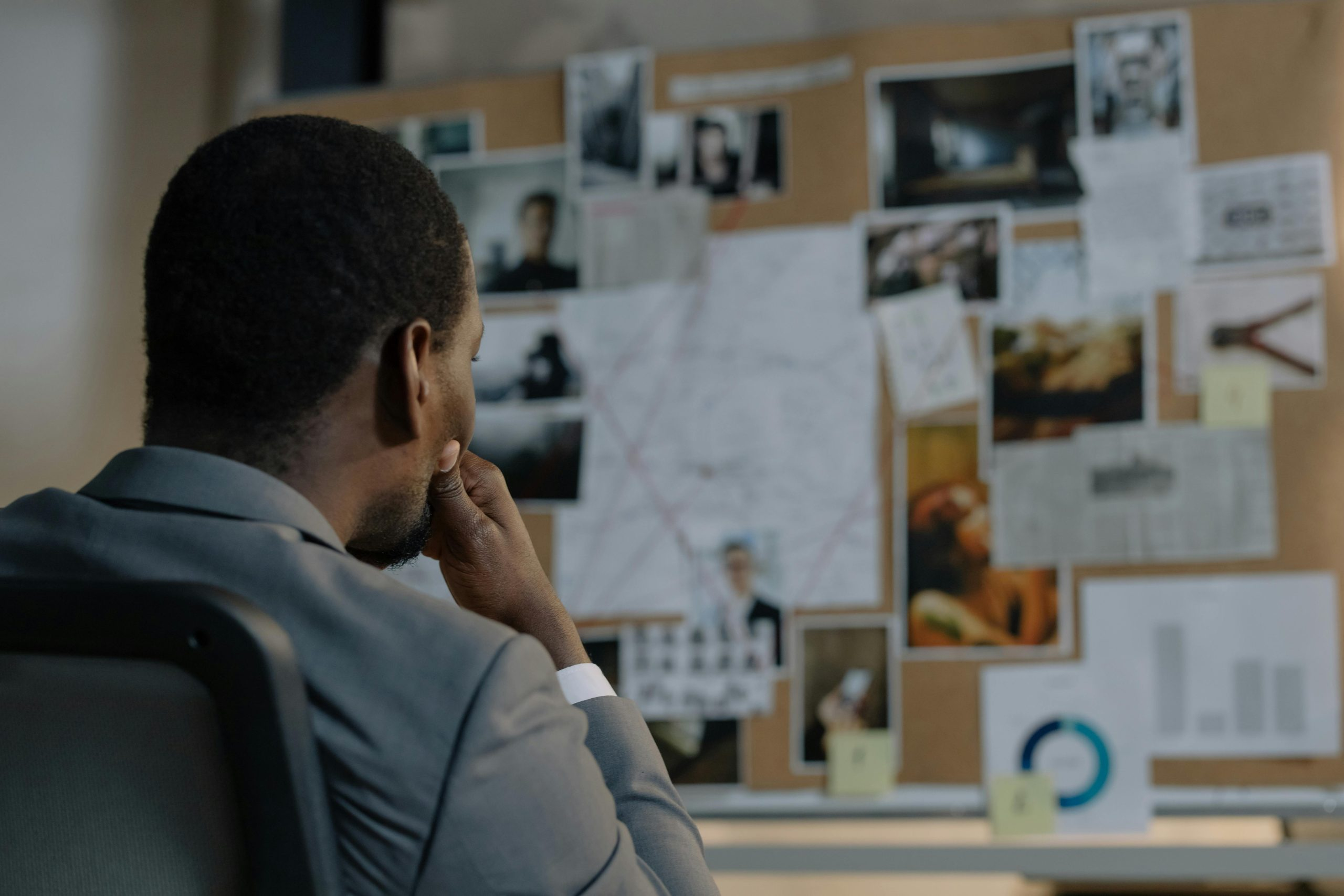Critical Thinking and Problem-Solving: Essential Skills for the Future
In today’s constantly evolving job market, employers are no longer just looking for candidates with technical skills and academic qualifications. In fact, a recent survey by the World Economic Forum revealed that critical thinking and problem-solving are two of the top three skills that employers are seeking in their workforce. This clearly indicates the vital role these skills play in shaping a promising career and becoming successful in the future.
The Importance of Critical Thinking and Problem-Solving
Before exploring the significance of critical thinking and problem-solving in the modern world, it’s important to understand what these terms actually mean. In simple terms, critical thinking involves analyzing, evaluating, and drawing logical conclusions from the information presented. On the other hand, problem-solving is the process of finding solutions to complex issues or challenges.
As technology continues to advance and the job market becomes more competitive, the need for critical thinking and problem-solving skills is increasing tremendously. With the rise of artificial intelligence and automation, routine tasks are being replaced by machines, making it essential for individuals to have the ability to analyze and solve complex problems that machines cannot.
Besides being essential for career success, critical thinking and problem-solving are also vital for personal growth and development. These skills enable individuals to make better decisions, evaluate different perspectives and come up with innovative solutions to personal and professional problems.
The Role of Critical Thinking and Problem-Solving in the Future
The rapid pace of technological advancements and the ever-changing nature of business require individuals to constantly adapt and learn new skills. This is where critical thinking and problem-solving come in. These skills not only help individuals navigate through complex and unpredictable situations, but they also help them stay relevant in the constantly evolving job market.
In today’s world, employers are looking for individuals who can think critically and come up with creative solutions to problems. Companies are more interested in hiring individuals who possess the ability to evaluate information, spot trends, and take calculated risks.
How to Develop Critical Thinking and Problem-Solving Skills
The good news is that critical thinking and problem-solving skills can be developed and strengthened through practice. Here are a few tips to help you enhance your critical thinking and problem-solving abilities:
1. Ask Questions
The first step to developing critical thinking skills is to question everything. This means not taking information at face value and constantly seeking to understand the why, how, and what.
2. Analyze Information
When presented with a problem, take some time to analyze the information and evaluate its credibility. This will help you see the bigger picture and make more informed decisions.
3. Foster Creativity
Problem-solving often requires thinking outside the box and coming up with unconventional solutions. To foster creativity, expose yourself to new experiences and ideas, and constantly challenge yourself to think differently.
4. Practice Using Logic and Data
Critical thinking is about making logical connections and using data to make informed decisions. Practice using logic and data in your everyday life to sharpen your analytical skills and improve your problem-solving abilities.
In Conclusion
In a constantly evolving world, critical thinking and problem-solving have become essential skills for success in both personal and professional life. By continuously honing these skills, not only will you become more valuable to potential employers, but you will also be better equipped to face any challenges that come your way. Remember, the future belongs to those who can think critically and solve problems creatively.






